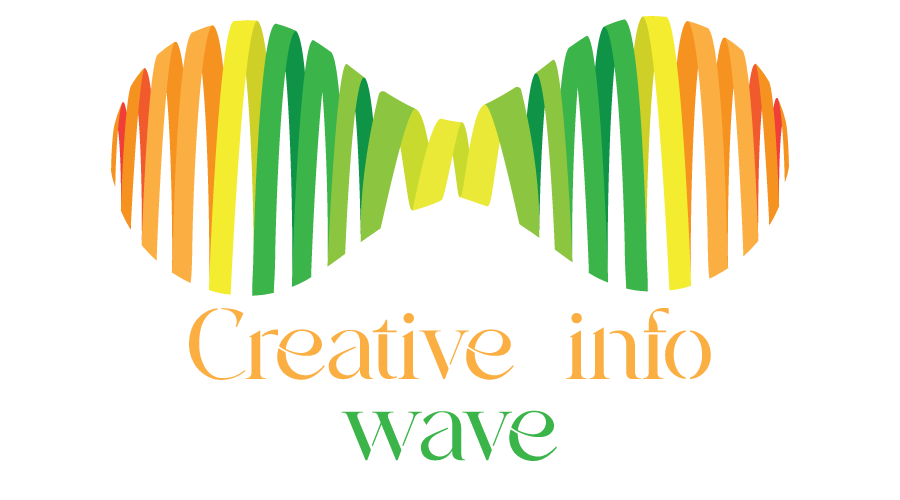As the world becomes more technologically advanced, images and messages must change from traditional paper and ink printed texts to digital imagery and computer generated graphics. Keeping current with ever-changing methods of communication and advertising is the only way businesses and industries can compete. Consumers demand attractive methods for grabbing their attention. Therefore, employers hire graphic design professionals to meet this need, and as a result, employment opportunities for artists and designers are dramatically increasing. The most proficient designers prove their worth and credibility by completing classes at the college level.
Completing graphic design classes is a must for anyone who likes to work with commercial graphics. In these classes, you learn techniques using digital graphics, computer imaging and production so this knowledge can be applied to your job designing advertising for print and web media or for use in the film industry. In one class, Computer Graphic Illustration, develop digital drawing skills for publishing items in print, the Web or other media. You learn to draw using a vector-based drawing system. This enables you to create technical illustrations, diagrams, logos, cartoons, clip art and complex geometric patterns. As a designer, take the drawing and import it to other media software such as motion graphic designs, digital graphic or 3D software.
The course Digital Imaging Processing teaches skills using Adobe Photoshop. Become proficient in graphic and web design using digital illustrations. Create texture and bump maps for 3D models or animation and learn photo restoration. Take your study with 3D a step further when you enroll in Computer Animation Processing. Using the program Maya, you build digital models and hone your craft in 3D animation and software.
Perhaps you want to develop a 3D movie; classes such as Motion Graphics help achieve this personal goal. Study how to develop visual effects for film, video, DVD and the Web. Learn to integrate these skills among various computer software programs to produce high quality work and the movie you want. If 3D is not your first love, perhaps the course Interactive Media Design is more appealing. Plan and create animation using Adobe Flash Player. Create movies and banner ads as well as interactive presentations and websites to post to the World Wide Web. No matter your choice, a design class can teach you the art of digital visual effects and animation.
Graphics course classes teach how to create and build a website. Develop a website and use an HTML table for webpage layouts. Learn to update and manage websites with file transfer protocol, FTP.
During your coursework, be prepared to build relationships and networks with other students while in the design lab. Here you can work collaboratively on projects, ask for or offer guidance to others. These relationships that you build can make you a better student and designer and aid in future employment opportunities. Working with various people gives you the chance to develop lasting connections that can remain with you throughout your career as a graphic designer.
With a graphic designing career, you enter an exciting and constantly changing field. No other time in history has technology played such a vital role in communication throughout the world. These classes will prepare you to participate, and possibly change, a part of history.
Simple Tips for People Studying Graphic Designing
The key to graphic designing is being able to master the basic concepts. But if you are looking for some simple tips to help you in your studying, here are some that you can follow: First is to always consult the Internet for great tutorials and tips. Many graphic designers share their experiences through their personal websites and blogs, and you can learn a lot from them. You can also join forums or groups of graphic designers online to always get an update on the latest techniques and software for graphics designing.
Now, once you have mastered the basic elements of it, you need the time for you to practice and practice. This is the only way you will get better in making graphic designs. Do not be afraid to experiment. Try out different colors that can work together along with the different lines and textures you can put. You can also play with light values on the photo until you discover the other things that you can do to improve a design. Experimentation will allow you to learn as a graphic designer.
Another tip for beginners on graphic design is to start with brainstorming before you actually start doing a design. You may try to center on a specific idea or message that you want to portray and brainstorm design ideas on how you can achieve the look you want. You can list all your ideas down and after a day, take a look at them and see which ones are the most viable to use in your design. You can pick your most favorite and experiment if they can work out.
We link businesses with powerful, high-authority websites for effective backlinks, SEO improvement, and increased visibility. Fast approvals for niche-relevant placements! Visit Guest post marketplace to learn more.
If you can now make complete designs on your own, you can try to volunteer for the school paper or simple club layouts in school. You can also post an advertisement for your free services so you can fill your portfolio. It is totally different if you work alone with your own concept and trying to achieve the concept of other people. This will take much more effort and thinking in your part. So it is better that you get used to this type of setup before you start accepting more advanced works in the future.
It will also be beneficial if you learn to talk about your work if you are presenting your portfolio to a possible client. It will help them better understand why you made a design in such a way and what the goals for the design were to begin with. If they are clueless about the type of design you are doing, they probably won’t hire you. So, consider it as marketing yourself to a client for a possible job.




